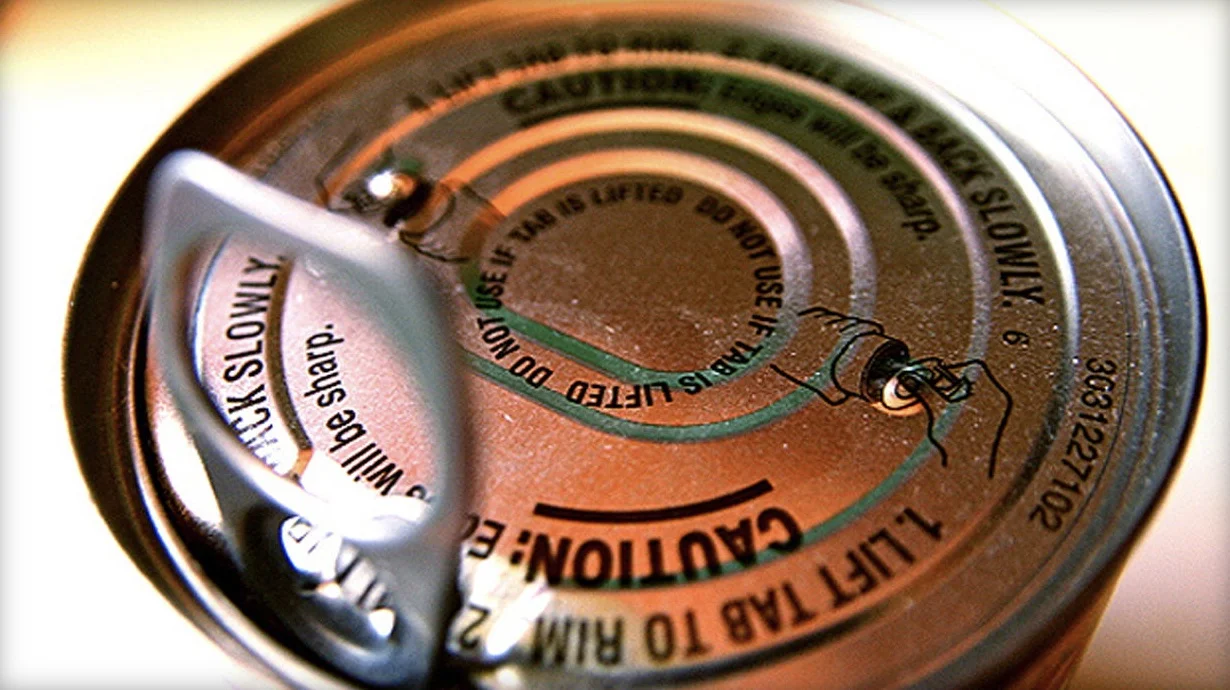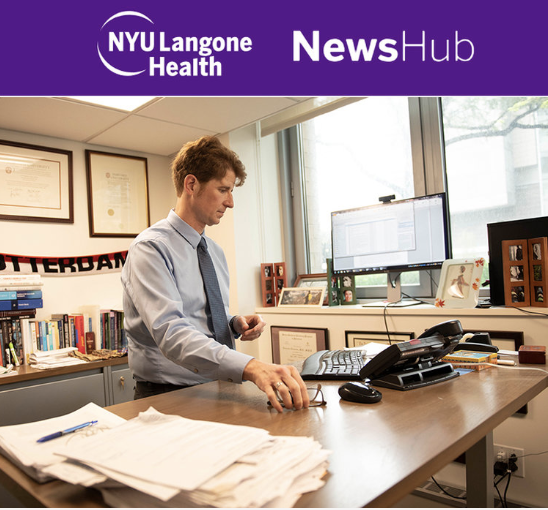PRESS
US NEWS
By Michael O. Schroeder
BY NOW, THERE'S A GOOD chance that – most of the time anyway – you don't microwave food or drink in plastic dishes. It's also quite plausible that if you're a parent, you didn't wait until bisphenol A – or BPA – was banned in baby bottles and sippy cups to avoid buying such products containing the chemical of concern, which is widely used in making polycarbonate plastics.
NYU LANGONE HEALTH
The Children's Health and Environment Study (CHES), led by Leonardo Trasande, MD, MPP, director of the Division of Environmental Pediatrics at NYU Langone, examines the helpful and harmful effects of environmental exposures on children’s health and development.
WASHINGTON POST
By Paul D. Thacker
In July, the American Academy of Pediatrics issued a letter that would stop almost any parent in their tracks: Chemicals in food colorings, preservatives and packaging can be dangerous to children, and they aren’t being suitably regulated by the government. A review of almost 4,000 additives found that 64 percent had no research proving they were safe for people to eat or drink; these chemicals can be especially harmful to small children because they are still growing, making them more vulnerable to any ill effects.
SCIENCE & INNOVATION
BY MAYA WEI-HAAS
The study started as an accident. Geneticist Patricia Hunt of Washington State University and her team were investigating the reproductive effects of BPA in mice. Housed in BPA-free plastic cages, the test group got doses of BPA through a dropper; the control group didn't.
CBS NEWS
By Ryan Jaslow
New research links chemicals commonly found in our environments called phthalates and bisphenol A (BPA) to health problems in kids and adolescents.
Two studies, published Aug. 19 in Pediatrics, suggest the chemicals could be contributing to the childhood obesity epidemic.
FOX 8 CLEVELAND
BY CNN Wire
NEW YORK – A leading US medical organization representing more than 60,000 pediatricians recommends parents and children avoid certain chemicals used in food processing and called for the government to adjust its methods of deeming substances to be safe.
AAP NEWS
By Leonardo Trasande, M.D., M.P.P., FAAP
Rapidly accumulating scientific evidence suggests that certain chemicals added during the processing of foods and those that may come into contact with food as part of packaging or processing may contribute to disease and disability.
READ MORE
Leonardo Trasande, MD, MPP, an associate professor at NYU Langone, is an expert in the dangers posed to human health from daily exposure to hazardous chemicals commonly found in plastic bottles, metal food cans, detergents, flame retardants, toys, cosmetics, and pesticides. These chemicals, called endocrine disruptors, interfere with the body’s endocrine, or hormone, system, and have a range of negative health and developmental effects.
READ MORE







